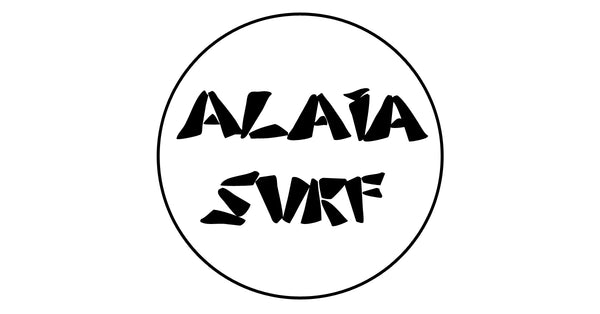Once we thought that the ocean was a limitless source of food. And we got used to having access to a wide variety of fish species at an affordable price. Only to realise, that the ocean’s supply couldn’t keep up with our insatiable demand and that we’ve been pushing many fish populations to the point of collapse, like the Atlantic bluefin tuna, currently classified as an endangered species. The ocean is highly vulnerable, and taking too many fish out of the water leaving too few behind to reproduce has serious consequences to the balance in our ocean ecosystems, and to the social and economic well-being of the coastal communities.
Some of the causes behind overfishing are: setting fish catch limits above sustainable levels ignoring scientific advice; weak monitoring systems to reduce illegal, unreported and unregulated (IUU) fishing; destructive fishing practices; and allowing fishing in habitats where fish grow and spawn.
If this is not saying much to you, let me give you a few examples. Fish stocks in the European Union are overfished by more than 40% in the Atlantic and more than 90% in the Mediterranean. Current catch limits set by the EU in the North Sea will not guarantee full recovery of all fish stocks and will continue to make overfishing possible. Furthermore, the political agenda overlooks by-catch species setting low targets for these, and products from IUU fishing activity keep entering the EU, including tuna from Thailand which is later processed in EU countries.
 Shrimp boat on the North Sea. Photograph by Getty Images.
Shrimp boat on the North Sea. Photograph by Getty Images.
Scientists agree that if we continue with this unsustainable approach, many important fish stocks will be removed from the system within 25 years and it will lead to irreversible changes in entire ocean ecosystems. However, if we want to, we can still reverse most of the damage. It might take a decade or longer depending on the situation, but in the end, we can eventually have healthy oceans again. To get there, we need to act now before we reach the point of no return.
To improve the state of our oceans and our fish populations it is necessary to promote sustainable fishing practices that have minimal impact on the environment; set science-based catch limits to allow fish populations to remain healthy; control by-catch to prevent the killing and disposal of non-targeted fish and other oceanic life; end IUU fishing; and create protected areas such as spawning and nursing habitats.
Overfishing is a big threat to the ocean and humanity and it is in our own best interest to adjust our behaviour towards healthy oceans. Next time you buy seafood, purchase the one that is sustainably caught (MSC certification); choose for good fish options in your region; buy from your local fishermen!

